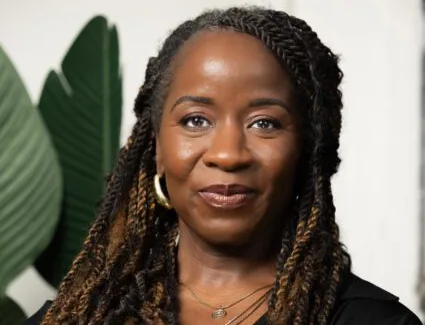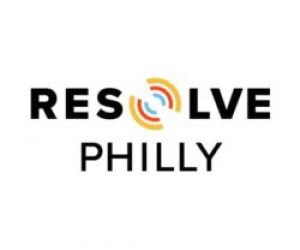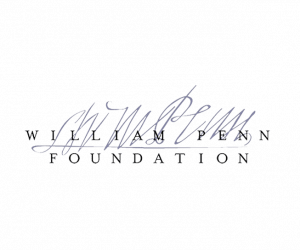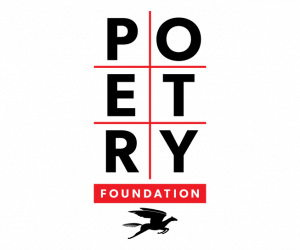
By Cassandra R. Ferguson-Bolding, Licensed Therapist
In an increasingly complex world, many individuals are seeking therapy in order to navigate the challenges they face. As a therapist, I often witness the profound impact that therapy can have on someone’s life. Beyond common misconceptions, therapy isn’t just for those in crisis; it’s a space for growth, self-awareness, and transformation.
Why Therapy?
- Emotional Support
Therapy provides a safe, non-judgmental space for individuals to express their emotions. In a world where vulnerability is often seen as weakness, therapy offers the comfort of being heard, validated, and supported.
- Gaining Perspective
Often, when we are deeply involved in our struggles, it’s hard to see the bigger picture. A therapist can challenge distorted thinking patterns and introduce healthier ways of viewing situations, leading to greater emotional resilience.
- Identifying Patterns
Many individuals come to therapy because they notice repeating patterns in their lives—unhealthy relationships, self-sabotage, or constant feelings of inadequacy.
Therapy helps us to explore these patterns and their origins, often uncovering deeper issues rooted in childhood or past experiences. By understanding these patterns, we gain the power to change them.
- Improved Relationships
Therapy doesn’t just focus on the individual; it often explores how you relate to others. Whether it’s family dynamics, romantic relationships, or friendships, therapy can improve communication skills and boundary setting while fostering healthier connections with the people around you.
- Personal Growth
Therapy is a journey of self-discovery. It can help you define your values, set goals, and align your actions with who you truly are. It’s a collaborative process that encourages self-reflection and helps you make conscious choices about your life path.
What to Look for in a Therapist
Finding the right therapist is essential for therapy to be effective. As with any meaningful relationship, the therapeutic bond requires trust, understanding, and a shared commitment to your well-being. Here’s what to consider when searching for a therapist:
- Credentials and Specialization
Ensure that your therapist is licensed in their field and has the appropriate qualifications (such as a Licensed Clinical Social Worker, Marriage and Family Therapist, or Psychologist). If you’re dealing with a specific issue (such as trauma, addiction, or anxiety), finding a therapist who specializes in that area can make a significant difference.
- Therapeutic Approach
All therapists use different techniques and approaches. Common modalities include Cognitive Behavioral Therapy (CBT), Psychodynamic Therapy, and Solution-Focused Therapy. Understanding what approaches a potential therapist uses and asking if it aligns with your preferences can be helpful.
- Comfort and Connection
The relationship between a client and their therapist is key. Do you feel comfortable? Do you feel heard and understood? If there’s no sense of connection or safety, it can be difficult to fully open up. Don’t hesitate to have an initial consultation with a few therapists to find someone you connect with.
- Cultural Competency
It’s important that your therapist understands and respects your background, identity, and cultural context. Whether it’s race, gender, religion, or sexuality, having a therapist who can relate to or empathize with your experiences ensures that you’re working with someone who “gets” where you’re coming from. Feel free to ask potential therapists about their experience with diversity.
- Availability and Accessibility
Consistency in therapy is crucial, so make sure that the therapist’s availability fits your schedule. Also consider whether they offer sessions in person, online, or both, as well as their fees and insurance options. Therapy is a commitment of both time and resources, so it’s important that these logistical elements work for you.
- Ethical Practice and Boundaries
A good therapist maintains clear boundaries and ethical practices. This will ensure confidentiality, provide informed consent, and uphold professional standards. If a therapist ever makes you feel uncomfortable or crosses boundaries, it’s essential to address it or seek a different professional.
Making the Commitment to Yourself
Choosing therapy is a commitment to yourself and your well-being. It’s an acknowledgment that you deserve support, understanding, and growth. Therapy is not always easy—it can be challenging to face difficult emotions or address old wounds—but the benefits can be life-changing.
As a therapist, I’ve seen firsthand how people transform through this process. They leave behind self-doubt, adopt healthier habits, and embrace the complexities of their emotions with compassion. Therapy isn’t a quick fix; it’s a journey. But it’s a journey worth taking with the right guide by your side.
Remember, finding the right therapist is an important step in your healing process. When you do, the path ahead becomes clearer and the possibilities for personal growth, empowerment, and peace are endless.
If you’re considering therapy, take the time to explore your options and trust your instincts.
Therapy is for everyone—no matter where you’re starting from.
This article originally appeared in the 2024 Winter issue of Love Now Magazine with the theme of Healing. You can read more stories like Cassandra’s here.










